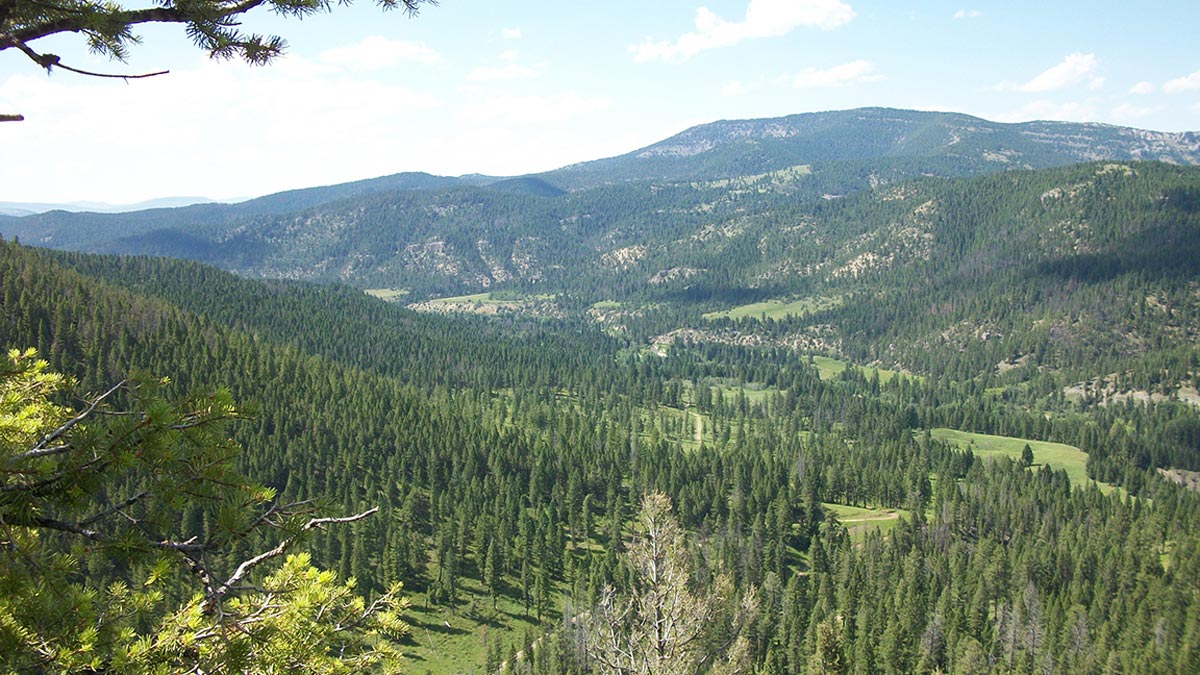The Rocky Mountain Elk Foundation is one of nearly 200 conservation and hunting organizations to welcome full implementation of the Federal Land Transaction Facilitation Act (FLTFA). The land exchange program increases recreational access to public lands, supports economic development, consolidates land ownership and conserves landscapes in the West.
“We are pleased that the Federal Land Transaction Facilitation Act has officially been implemented,” said Kyle Weaver, RMEF president and CEO. “RMEF strongly supports the act’s sanctioning of strategic federal land sales that fund high-priority land conservation projects and acquisition of lands that enhance public access for hunting, fishing and other recreational activities.”
The program expired in 2011 but received permanently reauthorization in March 2018. The Department of Interior and U.S. Forest Service (USFS) signed the implementation agreement in January 2022.
Under FLTFA, strategic federal land sale proceeds by the Bureau of Land Management (BLM) will contribute to an account for the purchase of high-priority conservation lands within or adjacent to BLM, USFS, National Park Service and U.S. Fish and Wildlife Service lands in the eleven contiguous western states and Alaska. Sale proceeds will also cover administrative costs of the BLM land sales.
Lands protected by FLTFA enhance public access to popular recreational destinations—like Zion National Park, Lewis and Clark National Historic Trail and the Snake River Area of Critical Environmental Concern—and support the local tourism economy through retail sales, hotels, restaurants, gas stations and more. According to the Outdoor Industry Association, outdoor recreation in the twelve western FLTFA states annually contributes more than $95 billion to the gross domestic product and supports more than 1.1 million jobs, which provide more $54 billion in wages. The fully implemented bill expands FLTFA to protect additional categories of public lands, including more lands adjacent to and within national forests and places where access to BLM lands are currently inaccessible for hunting, fishing and other recreational activities.
(Photo credit: Rocky Mountain Elk Foundation)
